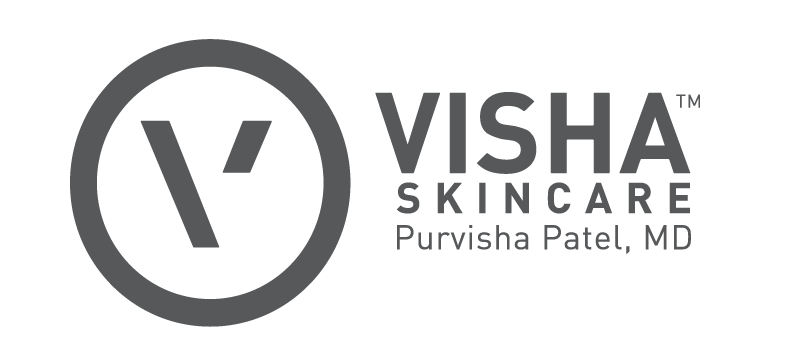
WELL+GOOD posted "Rebuild Your Ravaged Skin Barrier With This Simple 3-step Formula" featuring Dr. Purvisha Patel and Visha Skincare .
The article includes Dr. Patel's expert commentary on how to preserve your skin barrier and how to take care of it.
I’ve dealt with a lot of skin conditions, ranging from hormonal acne to hyperpigmentation, but for the first time in my life I’m dealing with a totally new issue: a sabotaged skin barrier. And it is brutal. The skin barrier acts as a natural protective shield, and when it’s disrupted (the way mine is right now) it makes skin especially vulnerable to damage from pollution, winter air, sunlight, etc. TL, DR: everything hurts.
Although it’s easy to confuse an impaired skin barrier with other woes like wind burn, eczema, or a sensitivity, the telltale signs are skin inflammation and redness (like… a lot of redness). As a refresher, a damaged skin barrier function means that the lipid or oil barrier of your skin is disrupted. “So the small, exposed cracks in the skin are more sensitive to products and outside agents that can get in and cause inflammation,” says Purvisha Patel, MD, a board-certified dermatologist and founder of Visha Skincare. “Water is able to evaporate from the skin more, resulting in drier skin.” And since your skin is more exposed to the environment, she points out that you can experience even more sensitivity to the products you’re using. Suddenly reacting to retinol for the first time in your life? A damaged skin barrier could be to blame.
Building your skin barrier back up is a process that involves a strategic regimen filled with ultra-nourishing ingredients, and absolutely nothing that can cause irritation. As for what not to do, Dr. Patel says to skip overly exfoliating products with strong acids or scrubs (this can make things worse). Also, be careful with cleansing. “Avoid harsh alkaline cleansers or even surfactants at all,” says Marie Veronique, chemist and founder of her eponymous skin-care line, adding that you should use an oil or yogurt to cleanse just once a day. “Fragrance is the number one cause of allergic dermatitis and can be a mixture of thousands of ingredients,” she says. “Since all plant extracts and essential oils hold potential problems in this group, it’s best to hold off on all fragrance products until barrier function improves. And avoid alcohol, like isopropyl or steam-distilled alcohol, as it strips the skin of natural lipids and moisturizing components.”
